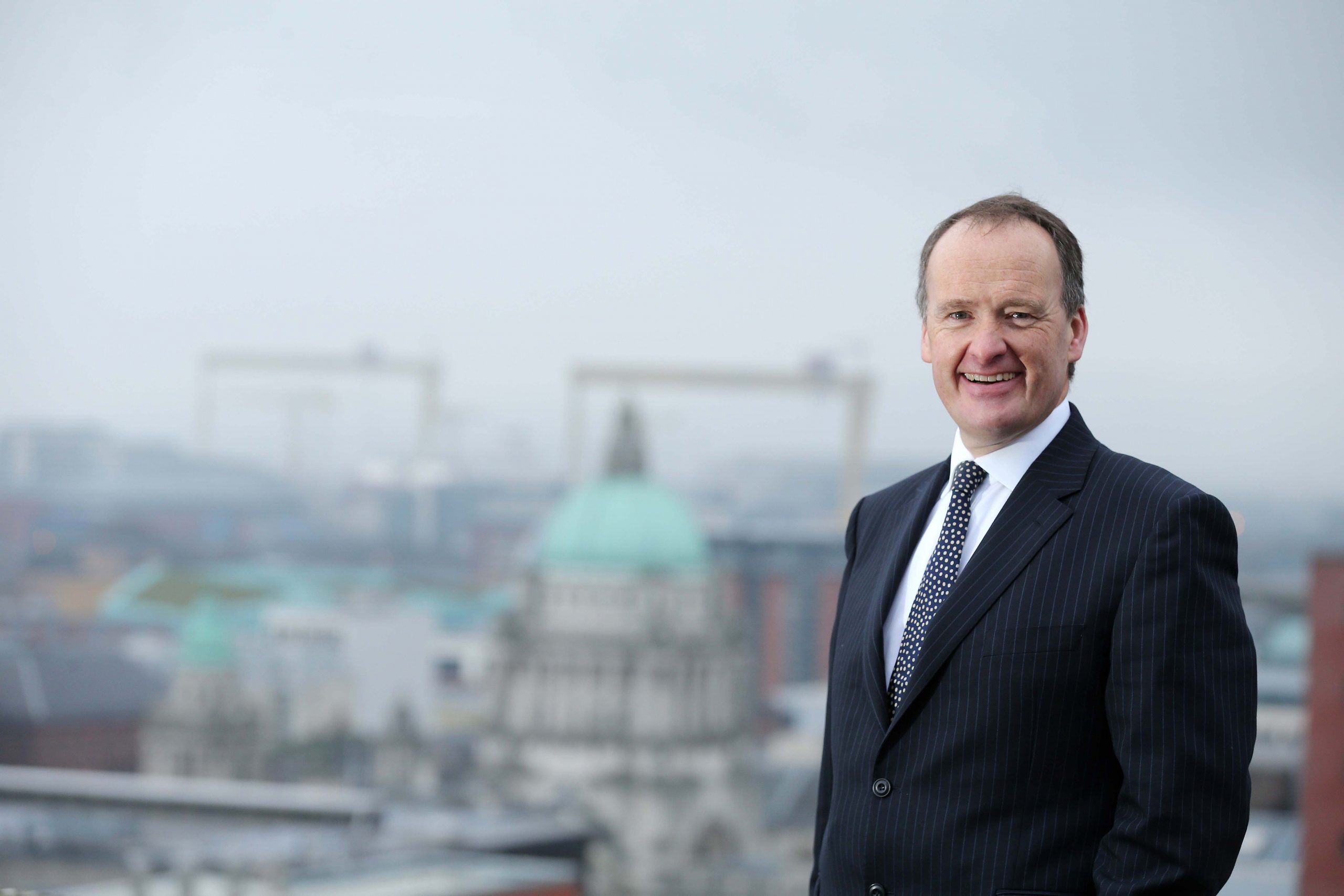When I spoke to hotelier Howard Hastings, we did not talk over coffee in the magical surroundings of his Ballygally Castle Hotel on the coast of Antrim or in the restored, Georgian townhouse The Merrion in Dublin, of which he is a major shareholder. The Covid-19 lockdown would not allow either of these options, so we spoke on the phone. However, the hotel industry across the island of Ireland was preparing to reopen this summer. Hotels in Northern Ireland will open on July 3, after it was decided to further ease of restrictions. It was originally decided that hotels in…
Cancel at any time. Are you already a member? Log in here.
Want to read the full story?
Unlock this article – and everything else on The Currency – with an annual membership and receive a free Samsonite Upscape suitcase, retailing at €235, delivered to your door.

